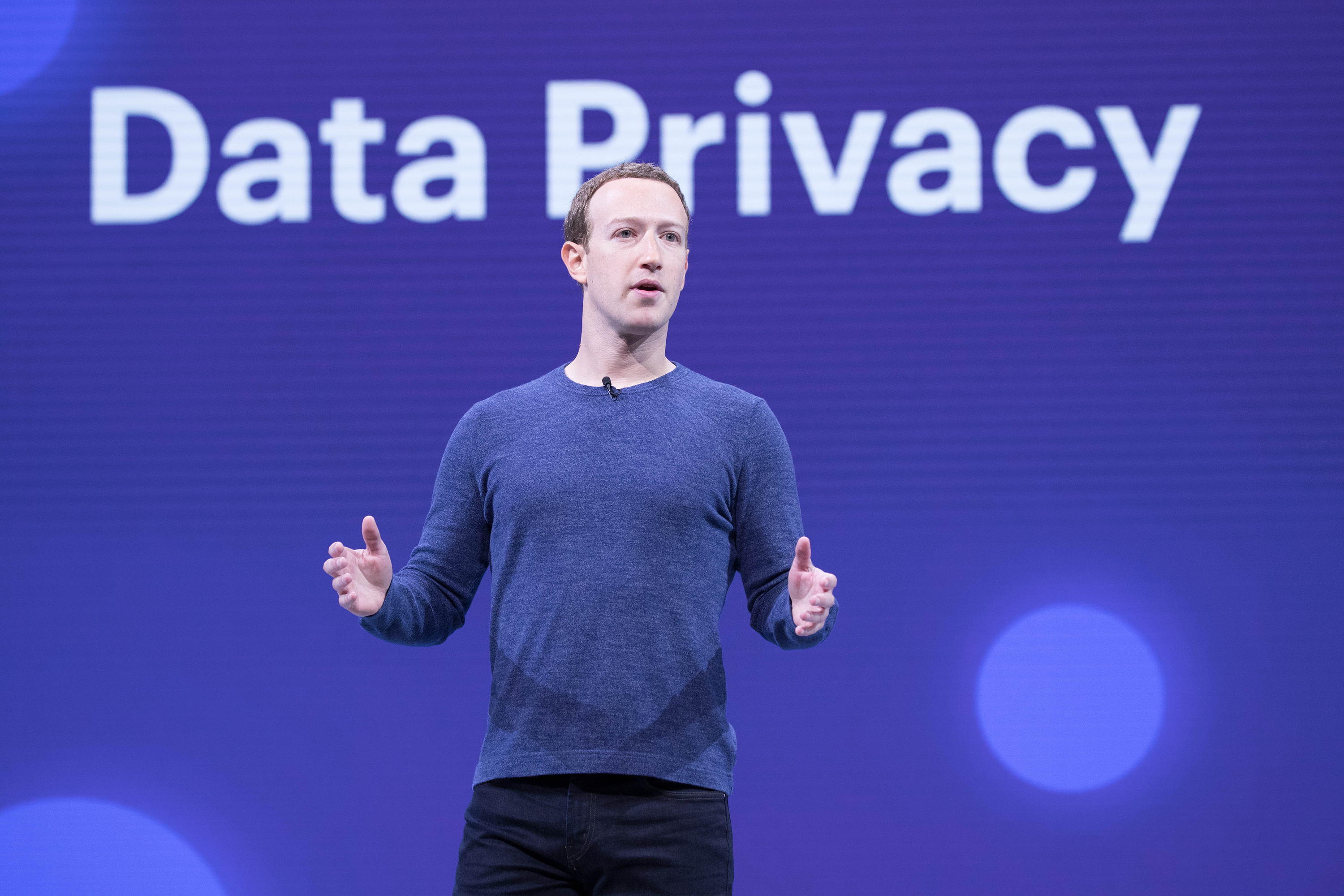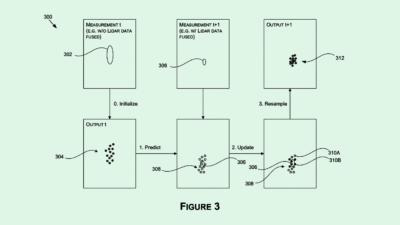Meta’s Paid Ad-Free Plan Gets Hit With Privacy Lawsuit
Mark Zuckerberg’s newest nemesis, Max Schrems, says Meta’s new pay-for-privacy subscription doesn’t comply with EU laws.

Sign up for smart news, insights, and analysis on the biggest financial stories of the day.
Mark Zuckerberg’s newest nemesis, Max Schrems, is like the Winklevoss twins times two.
Meta gave European users this month an exciting new way to access its services: payment. EU users can now pay for ad-free versions of Facebook and Instagram. The move was widely seen as a way for Meta to stay on the right side of European privacy laws put into place after an Austrian privacy activist successfully sued the company. Now, that same privacy activist is back for more.
Premiumization Nein, Danke
Austrian lawyer and activist Schrems and his nonprofit group, noyb, have been suing Facebook (as it was once called) since 2011 on EU privacy laws. After one of Schrems’ legal wins, the Court of Justice of the European Union ruled in July that companies must obtain active consent from users to target them with ads — and provide a viable alternative. Meta’s introduction of paid subscriptions for ad-free versions of its platforms was its way to address that rule change as well as the general tightening of European privacy laws.
But Schrems isn’t letting the matter rest. On Tuesday, noyb filed a complaint with an Austrian regulator against Meta saying paying for privacy doesn’t comply with Europe’s GDPR privacy laws:
- Meta says that until March 1, 2024, users can pay €9.99 ($10.96) per month to use all its platforms on the web, and €12.99 ($14.25) per month to use them on iOS or Android. After that, each separate account (e.g. Facebook, Instagram) will cost an extra €6 ($6.59) to €8 ($8.78).
- That means ad-free Facebook and Instagram on your phone will run up an annual bill of €252 ($276.59). Noyb contends that a price tag that high means privacy meant to be enshrined in law becomes a luxury for the rich, citing a specific anonymous complainant who is on unemployment benefits.
“More than 20% of the EU population are already at risk of poverty. For the complainant in our case, as for many others, a ‘Pay or Okay’ system would mean paying the rent or having privacy,” Schrems said in a statement. Meta’s own public documents also suggest the price point is far higher than the average EU user is worth to Meta. The company’s Q2 earnings said that, on average, an EU user brings in around $6 per month in revenue.
Dangerous Precedent: The noyb complaint also asks what kind of expense privacy would add up to if other platforms followed Meta’s lead, something that it points out TikTok is already experimenting with via a small test of a $4.99 monthly ad-free plan. And you thought paying for all the different streaming services was bad enough…











